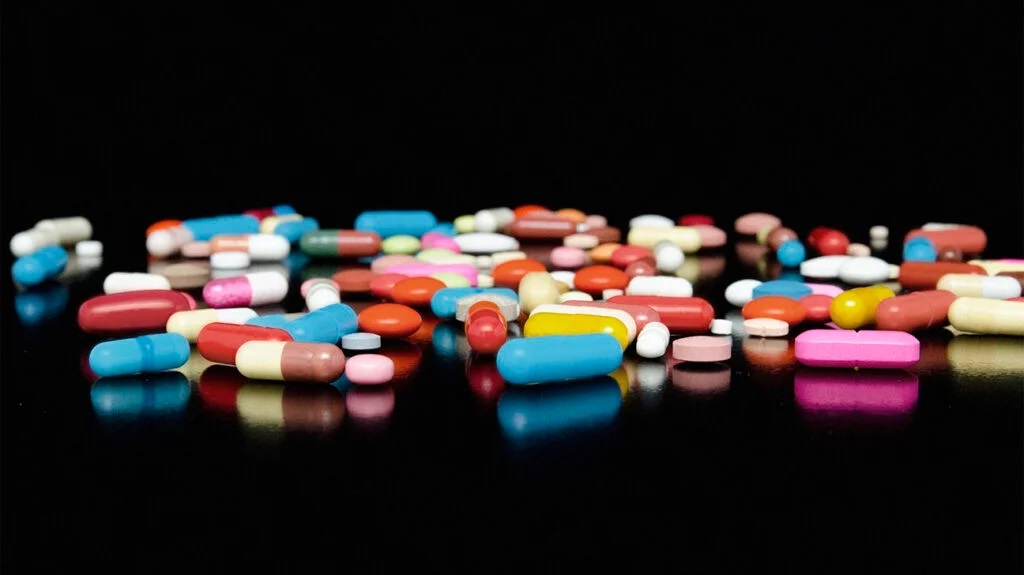Learn which medications can cause dangerous interactions for people living with epilepsy. A must-read guide for using a drug reaction checker safely. Epilepsy is a complex neurological condition that causes recurrent seizures.
It affects around 3 million adults and 470,000 children in the U.S. While there are many effective treatments available today, drug interactions remain a critical concern for people living with epilepsy.
As someone who has managed epilepsy for years, I’ve learned to be very cautious about introducing new medications into my regimen. That’s why I always use a drug reaction checker before taking anything new.
In this article, I’ll share some of the most notable drug interactions that can occur with anti-epileptic medications.
Avoiding Seizure Triggers
Some of the most dangerous medication interactions for people with epilepsy involve drugs that lower the seizure threshold.
These include antidepressants, antipsychotics, stimulants, and certain antibiotics.
For example, SSRIs like Zoloft can increase seizure activity in up to 8% of patients. Tricyclic antidepressants like amitriptyline are even more likely to induce seizures.
While some antidepressants are considered relatively safe, it’s vital to consult your neurologist before starting anything new. Similarly, drugs like Adderall and Ritalin can also trigger seizures in susceptible individuals.
A 2019 study found that stimulants increased the risk of emergency department visits for seizures by 84% in children with epilepsy. Again, extreme caution is warranted if stimulants are prescribed.

Interactions with Anti-Epileptic Drugs (AEDs)
Most people with epilepsy take anti-epileptic drugs (AEDs) daily to control their seizures.
Some common AEDs include Dilantin, Lamictal, Depakote, and Tegretol. Unfortunately, AEDs can interact with many other drugs.
For example, cholesterol drugs like Lipitor can increase levels of Tegretol in the blood by up to 50%. This greatly raises the risk of side effects like dizziness and double vision.
On the other hand, drugs containing magnesium like Milk of Magnesia can decrease Depakote levels. This could mean less seizure control.
| Drug Class | Potential Interaction |
| Antibiotics | Decreased levels of Dilantin, Lamictal |
| Antifungals | Increased levels of Dilantin |
| Heart/Blood Pressure Medications | Altered levels of Dilantin, Tegretol, Depakote |
| Acid Reducers | Decreased absorption of Dilantin |
As you can see, the potential for AED interactions is vast. Having a trusted drug reaction checker to consult is invaluable when starting any new medication or supplement. Never be afraid to speak up and ask your pharmacist to double-check as well.
My Personal Experience
As someone living with epilepsy for over 15 years, I’ve learned to be very proactive about managing medication interactions.
Early in my diagnosis, I was prescribed Zoloft by a psychiatrist who didn’t realize I had epilepsy.
This nearly resulted in constant seizures until my neurologist intervened. Since then, I always discussed any new medication with both my psychiatrist and neurologist.
I also run everything by a drug interaction checker just to be safe. While it can be inconvenient, protecting my health is worth the extra effort.
I hope that sharing my experience, it will encourage others with epilepsy to be vigilant as well.



